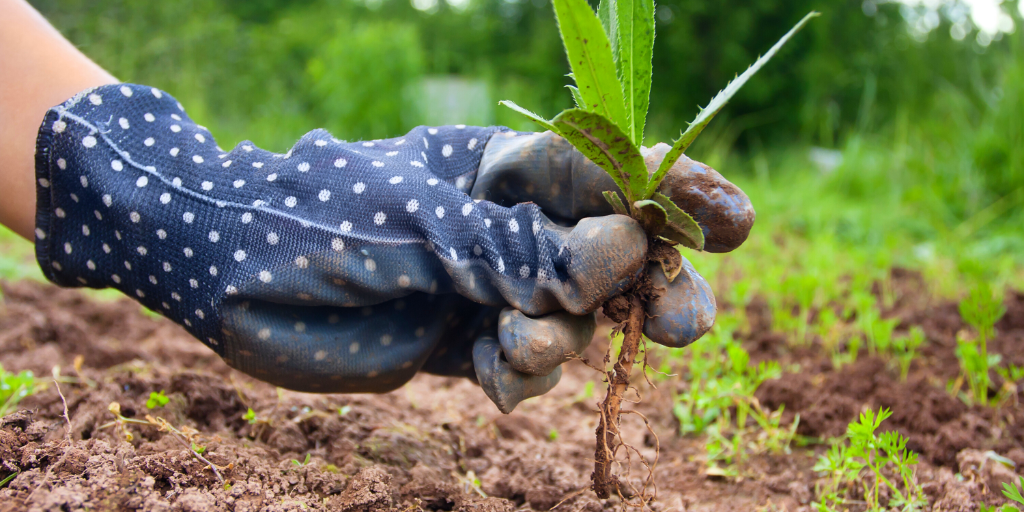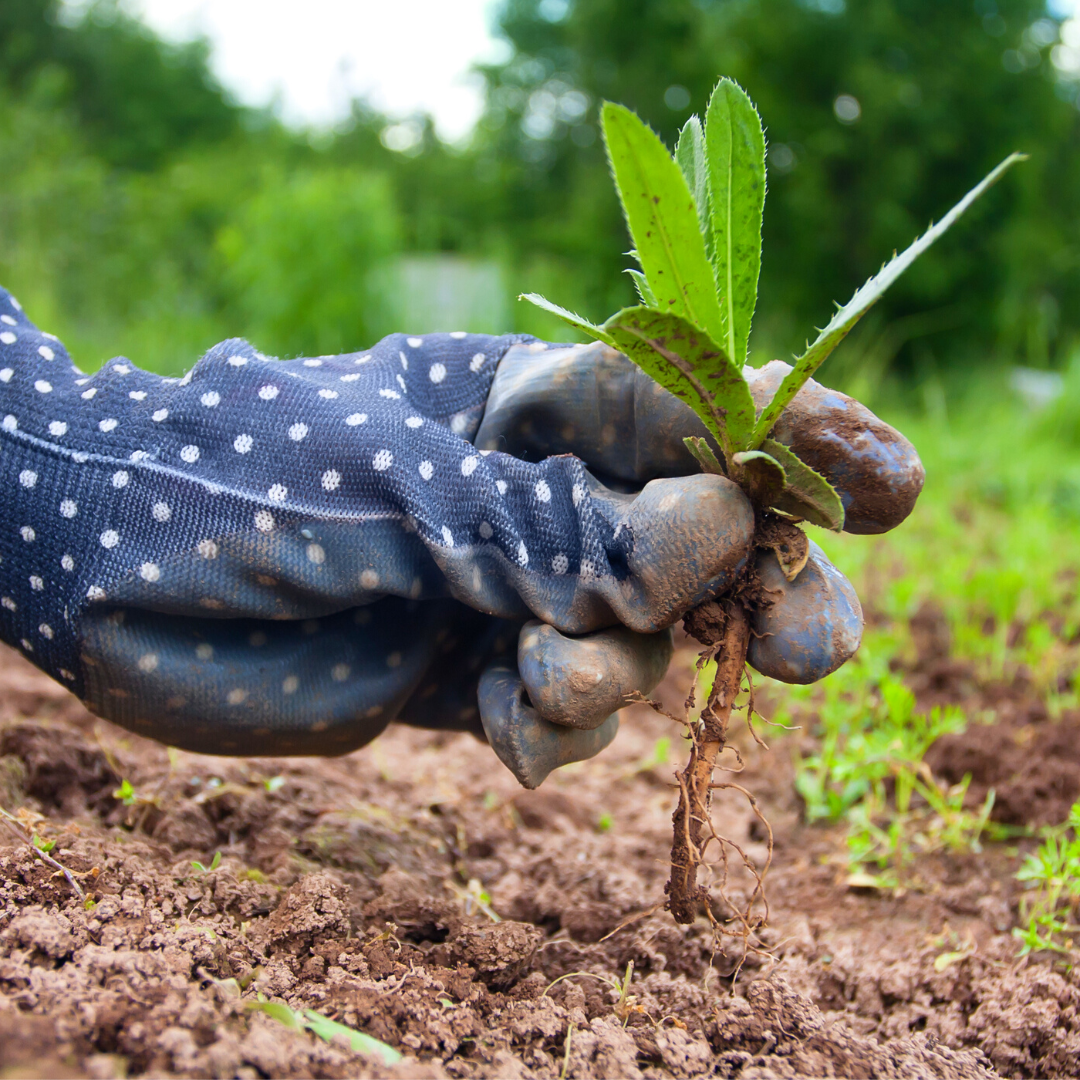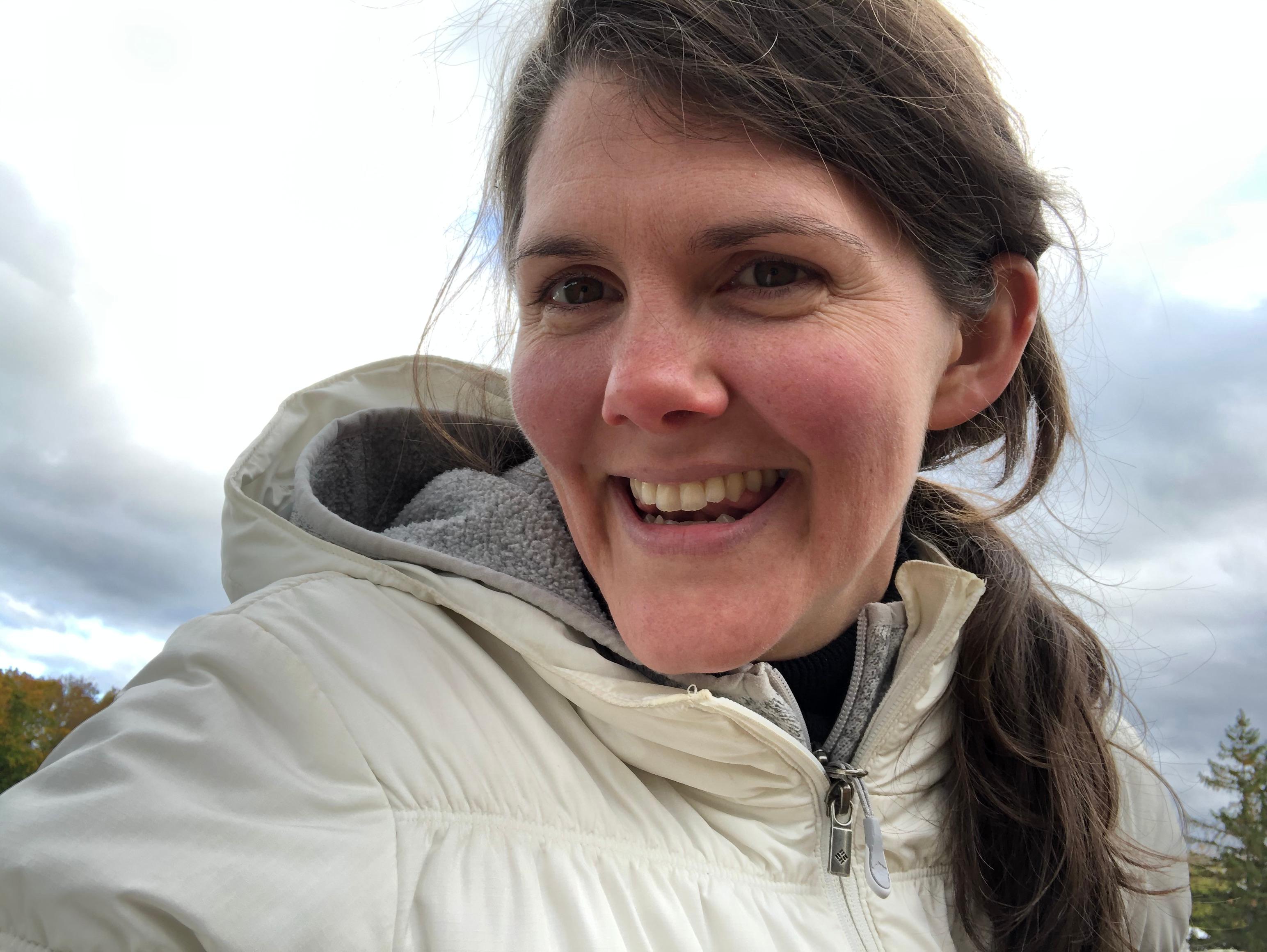
Helen Syski looks to the wise landowner to help her reap a harvest for the Lord.
“An enemy has done this.” (Matthew 13:28)
This is so often my thought when I see a fault in my child—an act of defiance, name calling, terrible manners. We sense that these are acts somehow not innate to who he/she is, and yet out they come!
The enemy can come from without or within, but that is not the topic today. Today I want to explore the wise landowner’s response to the enemy’s work. His servants want to attack—tear out every weed—prevent any tainting of the wheat! They want to have things as pristine and perfect as before. But the landowner, called wise by Jesus, stops them.
“Let them grow together.” (Matthew 13:29)
The wise mother, like the landowner, knows that there is a great risk in weeding. In pulling up the weeds, you may also uproot the wheat. Let them grow side by side, mature a bit, then separate them, but not at the expense of the wheat.
I notice this effect when I weed in my garden. Not only is there always the risk of damaging the plant nearby, but with most weeds it is easier and more effective to pull the full roots of the weed when it has matured a little. For example, spurge is a low-growing weed that spreads its arms along the ground. Any small broken piece left behind will sprout roots and become a whole new plant. The little sprouts are so tender that pulling on them just breaks them off and the root stays. The alarmingly large adult version looks terrible, but its large radiating branches give away the precise location of the roots, and a firm but gentle grasp easily removes the full plant.
How often do we grab at every little misstep to eradicate, it only to find a few crushed leaves in our hands and the roots still in the soil of our child’s soul? And now there is no way of finding it or getting it out without gouging a hole. Just a bit of waiting, watching, seeing if the misstep becomes a habit would allow us to locate and grasp the weed correctly to pull out the roots from their soul.

Gentleness comes when we accept that we cannot keep sin from entering our child’s life. We cannot go back to before the Fall. Thankfully we also cannot go back to before Jesus! A misstep does not dictate our child’s life as failure (or ours!). We believe we have a Savior in Jesus. This means both that we need saving, and that we can be saved.
To be wise and gentle with our children, we must first practice this wise watching in our own lives. We must be patient and gentle with ourselves, not overreact to our own mistakes or faults but quietly seek out the root. Wait for your spiritual weeds to be revealed by the Holy Spirit, then grasp it by the root, firmly but gently, and take it out.
Click to tweet:
Our greatest fault is so often the flip side of our greatest strength. #catholicmom
Our greatest fault is so often the flip side of our greatest strength. The child that knows just the button to push to taunt a sibling is probably the most thoughtful person in the house; the gift is that of deep insight and understanding of others. It just needs to be used for good! It would be tragic to rip out a “fault” only to find we have destroyed the root of their greatest strength. God has made us who we are because He has a plan for those gifts and strengths. He allows our faults in order to hone our strengths, purify our gifts, and ensure that we place them in His hands.

Copyright 2022 Helen Syski
Images: Canva
About the Author

Helen Syski
Helen Syski is co-founder of the Kiss of Mercy Apostolate, a Little Way to heal the world from abortion. A life-long New Englander and Harvard grad, Helen enjoys all four seasons and apple pie with her husband, children, and Labrador retriever. Continue the conversation at AdequateAnthropologist.com.


.png?width=1806&height=731&name=CatholicMom_hcfm_logo1_pos_871c_2728c%20(002).png)
Comments